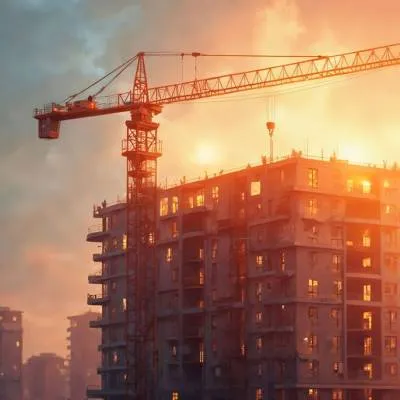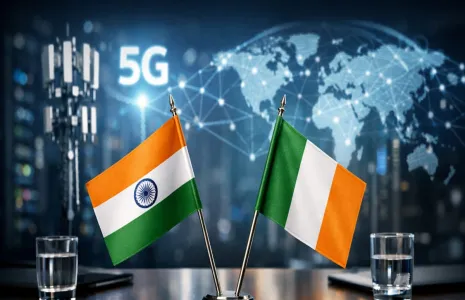Schedule a Call Back
Delhi May Cut Water Infrastructure Fees In Major Overhaul
 The Delhi government is reviewing a major restructuring of its water infrastructure charges in an effort to ease the financial burden on households and address long-standing disparities in the cost of accessing piped water.
The Delhi government is reviewing a major restructuring of its water infrastructure charges in an effort to ease the financial burden on households and address long-standing disparities in the cost of accessing piped water.
Currently, charges vary widely across the Capital depending on whether a property is located in a planned or unplanned colony, and the classification of that colony. Domestic consumers in A and B category colonies pay Rs 255.27 per sq ft, while those in E to H category areas — many of which remain unregularised — pay Rs 63.81 per sq ft. Commercial users pay Rs 446.70 per sq ft in A and B colonies and Rs 127.63 per sq ft in E to H areas. Institutional charges follow a similar pattern, resulting in starkly unequal upfront costs despite comparable consumption levels.
The government is exploring ways to rationalise the system, focusing particularly on areas where residents shoulder the highest expenses. The issue was discussed during a recent high-level meeting as part of ongoing sectoral reforms.
One proposal under examination is scrapping the rule mandating a 10 per cent annual increase in infrastructure fees. Officials say removing the automatic hike could immediately ease pressure on families that have delayed applying for new connections.
Two potential replacement models are being assessed. The first is a consumption-linked framework in which charges would reflect the number of people living on a property, with a minimum estimate of five residents per floor for multi-storey buildings. This model would introduce a one-time payment instead of recurrent increases, aligning fees with usage rather than colony classification.
The second model retains the existing colony-based system but includes substantial reductions. A-category colonies could see charges cut by nearly half, making water connections far more affordable in neighbourhoods currently facing the highest upfront burden. The proposal also exempts plots up to 200 sq m from infrastructure fees to support smaller households.
Officials noted that fluctuations in previous charging regimes have caused confusion and inflated costs. Infrastructure charges were abolished in 2019, only to be reinstated in 2020 based on built-up area and colony category, leading to complaints from residents who in some cases received bills as high as Rs 15 million.
The government is now evaluating each model for financial viability, fairness and ease of implementation before finalising the reforms.


Subscribe Now
Subscribe to our Newsletter & Stay updated
RECENT POSTS
Popular Tags
Folliow us
Related Stories
Supreme Court Clears NBCC to Complete 16 Stalled Supertech Projects
In a significant relief to thousands of homebuyers, the Supreme Court of India has upheld the order of the National Company Law Appellate Tribunal ...








